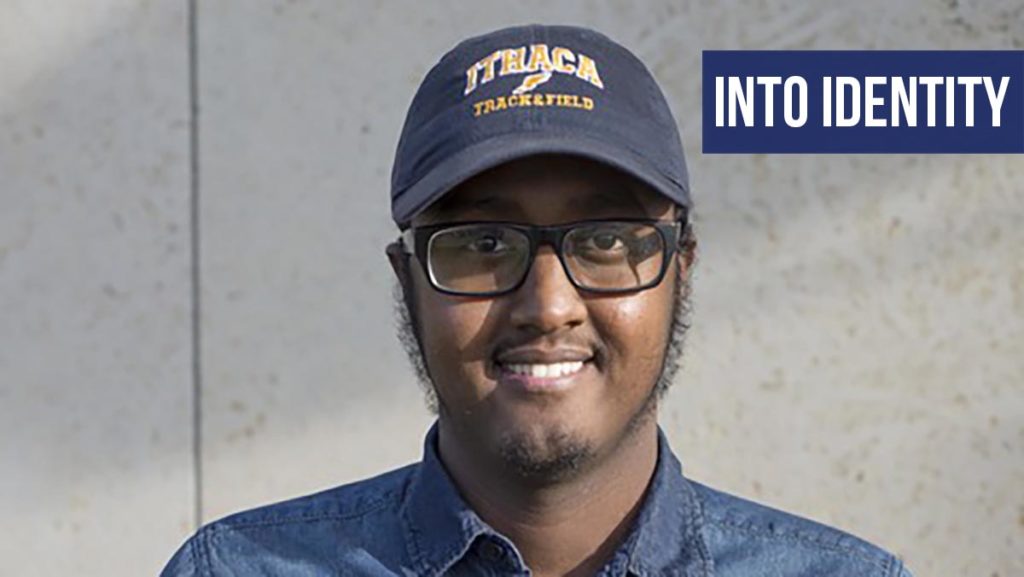There have been many idols who have fallen in my lifetime. Recently, the mourning of David Bowie has sparked my interest.
He has been idolized for years as this being that’s alien-like, androgynous, avant garde, etc., yet the coverage of his death is far from comprehensive. If we do not take the time to acknowledge the lives that he damaged and the systems he is benefiting from, we are doing ourselves a disservice.
I remember the spaceman flowing from my sister’s speakers. We had CDs placed in my “Pirates of the Caribbean” discman. He’d sing ballads as my sister promised Bowie was a freak like us. She’d draw a blue lightening bolt on my face and explain that GaGa got her look from this man.
As I grew older, the differences became clearer. Bowie was a man who benefitted from the sounds of people who looked like me and profited in an industry that only had time for black backup singers and samples. He was part of an industry that loves Adele, as if Whitney never sang us to tears, as if Tina never sang to our feet. Bowie had vocal coaching and a team of musicians. Money.
Bowie was a rapist. He slept with a 14–year–old girl, and rape culture chose to forgive him. Bowie took airtime from black artists by exercising his privilege, and this fact is not made up by one mention of industry racism. Bowie was creative, symbolic of the outsider, but Bowie was human. He lacked many burdens and the understanding that comes with oppression, but he has still profited off the burdened aesthetic.
The real problem here is if we are able to disconnect celebrities from their humanity, what does that say about the way we view each other? We can be thankful for the journeys we take with artists without being neglectful of the humanhood they hold.
When I meet a person, I try my best to recognize the greatness within them through simple things like attentive listening and remembering names. This is because I believe everyone should have the chance to introduce themselves. Bowie made a living reinventing and reintroducing himself to his fans (remember the White Duke? Bowie as “an emotionless Aryan superman”).
Perhaps that’s where this phenomenon of legitimizing the mourning of Bowie, but not of Trayvon Martin, Michael Brown, Sandra Bland or Gynnya McMillen. Because these deceased cannot introduce themselves through the craft of public relations. Instead, they are contorted by the very systems our so-called idols benefit from and build themselves out of.





